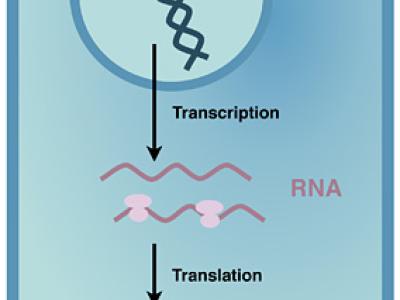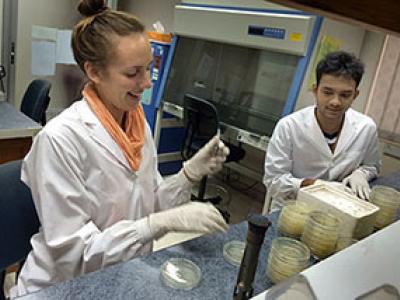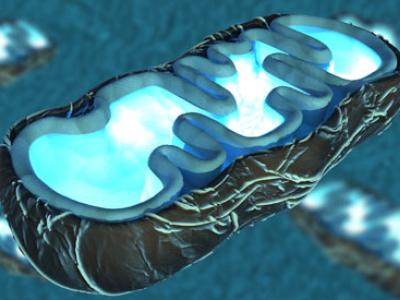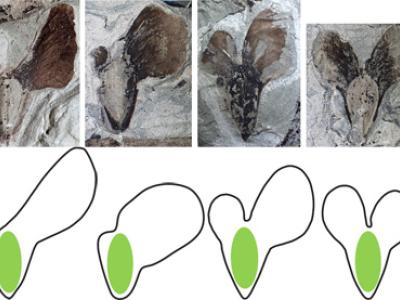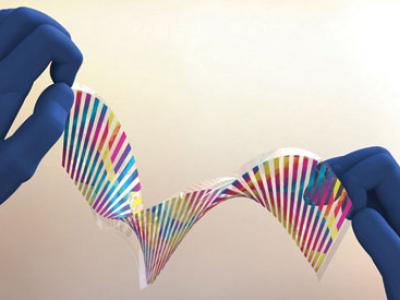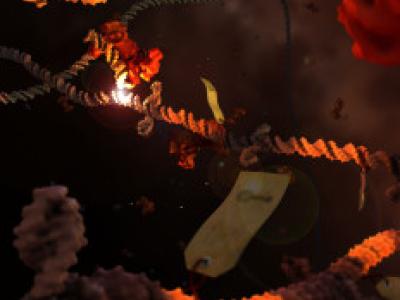New Target for Anticancer Drugs: RNA
Most of today’s anticancer drugs target the DNA or proteins in tumor cells, but a new discovery by University of California, Berkeley, scientists unveils a whole new set of potential targets: the RNA intermediaries between DNA and proteins.

